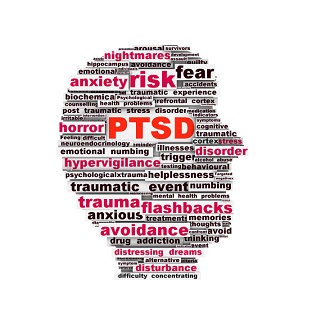According to a recent article published on wellness.com by Lisa Brookes Kift, MFT, "There's often a pervasive sense of being off balance for the person being emotionally abused. They start to question their own thinking and eventually believe that they must have it wrong and in fact, they're the bad ones for daring to believe such a thing about the abuser!"
People who are emotionally abused often don't even realize it. The cycle of abuse starts with Tension Building, escalates to a verbal or emotional abusive Incident, Reconciliation often with an apology, then a short lived Calm or "Honeymoon Phase".
According to the article, asking yourself the following 5 questions is key to evaluating your situation;
1) Does your partner frequently criticize or humiliate you?
2) Does your partner isolate you from your family and friends?
3) Has your partner ever limited or controlled your access to money?
4) Do you feel trapped in your relationship?
5) Are you afraid of your partner?
"Abusers often had chaotic childhoods with a perception of little control - and deep down they fear abandonment."
"Learned helplessness" or victimization experienced in family of origin, usually plays a role. A safety plan and good support network are critical to overcoming abusive relationships.
Read the article here: http://www.wellness.com/blog/20386/are-you-in-an-emotionally-abusive-relationship/lisa-brookes-kift-mft
Los Angeles DJ
Orange County DJ Check out the Orange County ACA website at: Orange County Adult Children






